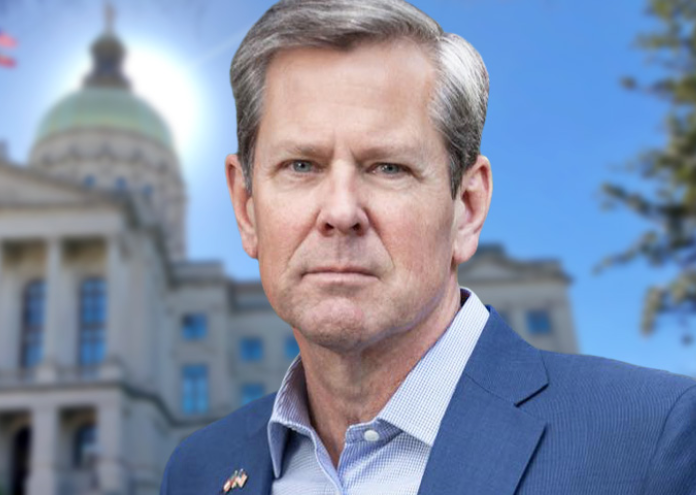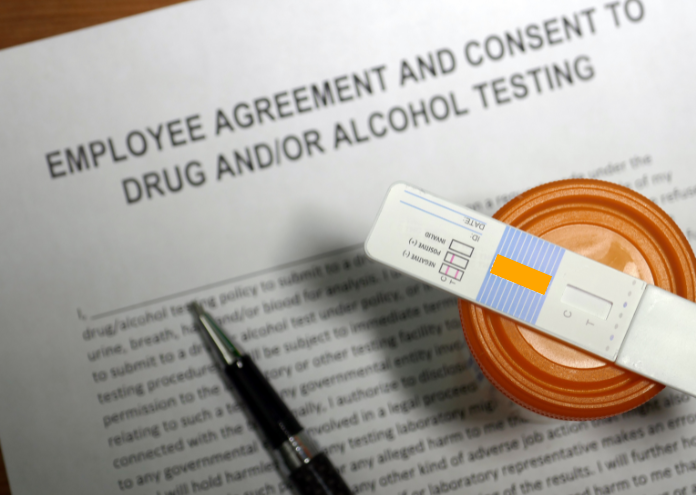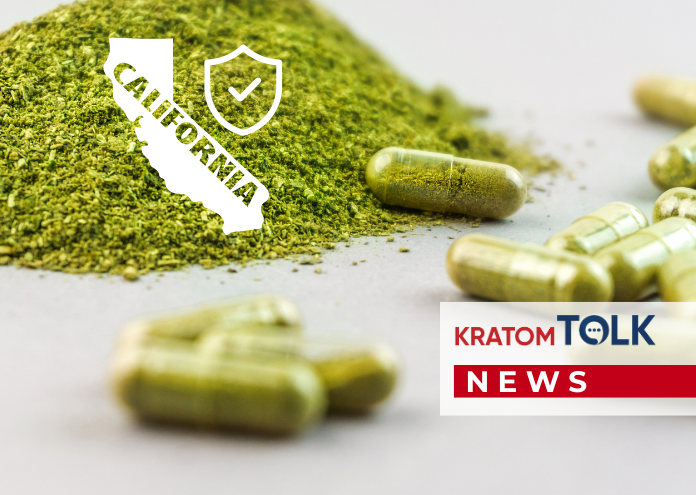In the bustling heart of New York City, where culinary innovation meets regulatory scrutiny, a unique legal battle has brewed over what might seem like an innocuous beverage: tea. Tobly McSmith, an entrepreneur with a penchant for the unconventional, found himself at the center of a storm when his cafe, Here & Now, was shut down by NYC authorities over the sale of kava and kratom teas, labeled by the city as ‘dangerous’. This case isn’t just about the fate of a small business; it’s a broader discourse on consumer rights, the regulation of herbal products, and the intersection of cultural practices with modern law.
The Case of the ‘Dangerous’ Teas
McSmith’s cafe, located on Allen Street, was not your average coffee shop. Here, alongside traditional brews, patrons could indulge in kava and kratom teas, substances known for their calming effects, rooted in centuries-old traditions from the Pacific Islands and Southeast Asia respectively. However, what was seen as a sanctuary for those seeking natural alternatives for anxiety and pain relief, became a point of contention with the New York City Health Department. The city’s crackdown, starting subtly in late 2022, escalated when McSmith’s establishment was deemed to be selling “poisonous,” “injurious to health,” and “unsafe” products.
Tobly McSmith and The Legal Grounds
The crux of McSmith’s lawsuit against NYC revolves around the city’s classification of kava and kratom as dangerous. While there’s scientific debate over the safety of these substances, particularly concerning liver toxicity from kava and the opioid-like effects of kratom, McSmith’s argument leans heavily on the cultural and historical use of these plants. He contends that the city’s actions are not only an overreach but also a misinterpretation of the substances’ risks when prepared and consumed traditionally.
Public Sentiment and Social Media
The case has caught the attention of social media, with platforms like X (formerly Twitter) buzzing with opinions. From support for Tolby McSmith, to consumer choice and then concerns over the potential health risks, the online community reflects a divided public. Some users rally behind the idea of personal freedom in choosing what to consume, while others highlight cases where these substances might have led to adverse health effects, pointing towards a need for regulation.
The Broader Implications
This legal battle isn’t isolated to the walls of Here & Now. It touches on several broader issues:
- Regulation vs. Freedom of Choice: How much should the government intervene in what individuals consume, especially when these substances have cultural significance?
- Scientific Debate: The case underscores the ongoing debate in scientific communities about the safety of herbal supplements. While some studies suggest risks, others, including those supported by the American Botanical Council, argue for a nuanced view, emphasizing quality and preparation.
- Cultural Sensitivity: There’s an argument for cultural sensitivity in regulation. Kava, for instance, holds significant cultural value in Pacific Islander communities. How do modern laws balance this with health concerns?
- Economic Impact: For small business owners like McSmith, regulatory actions can mean the difference between survival and closure. This case might set a precedent for how businesses dealing in herbal products are treated.
Looking Ahead for Tobly McSmith
As of now, McSmith’s legal battle continues, with the community watching closely. The outcome could influence how NYC, and potentially other cities, approach the regulation of herbal products. If Tolby McSmith wins, it might pave the way for more businesses to explore and sell herbal remedies under clearer guidelines. Conversely, a loss could lead to stricter regulations, potentially pushing such businesses underground or out of the city.








